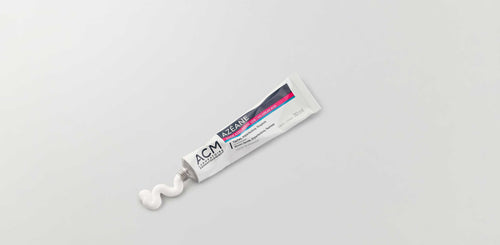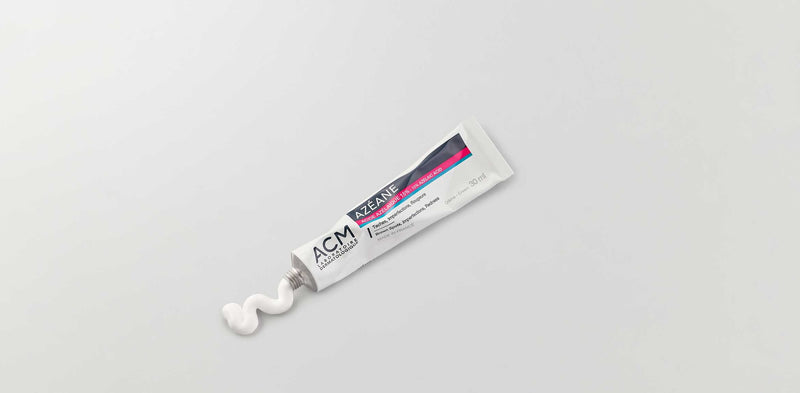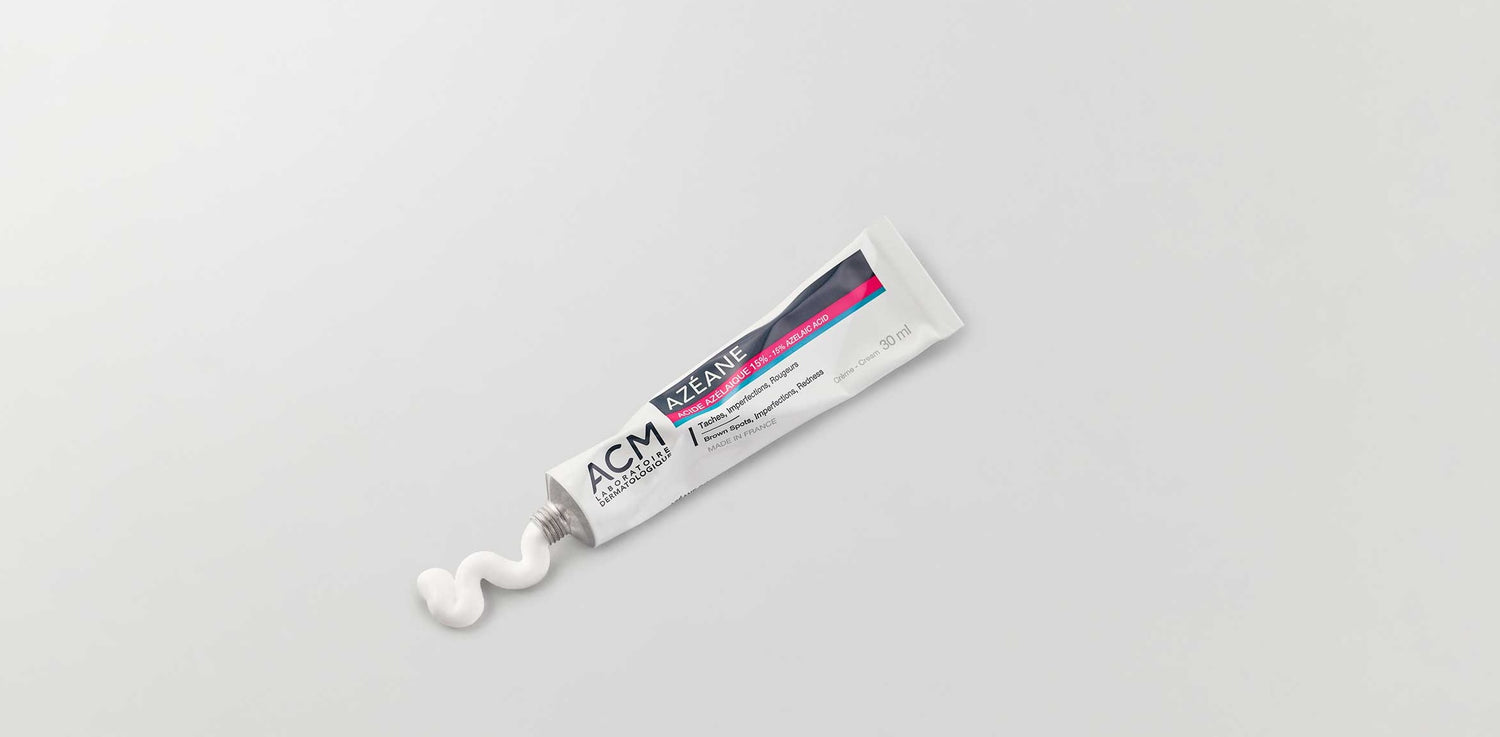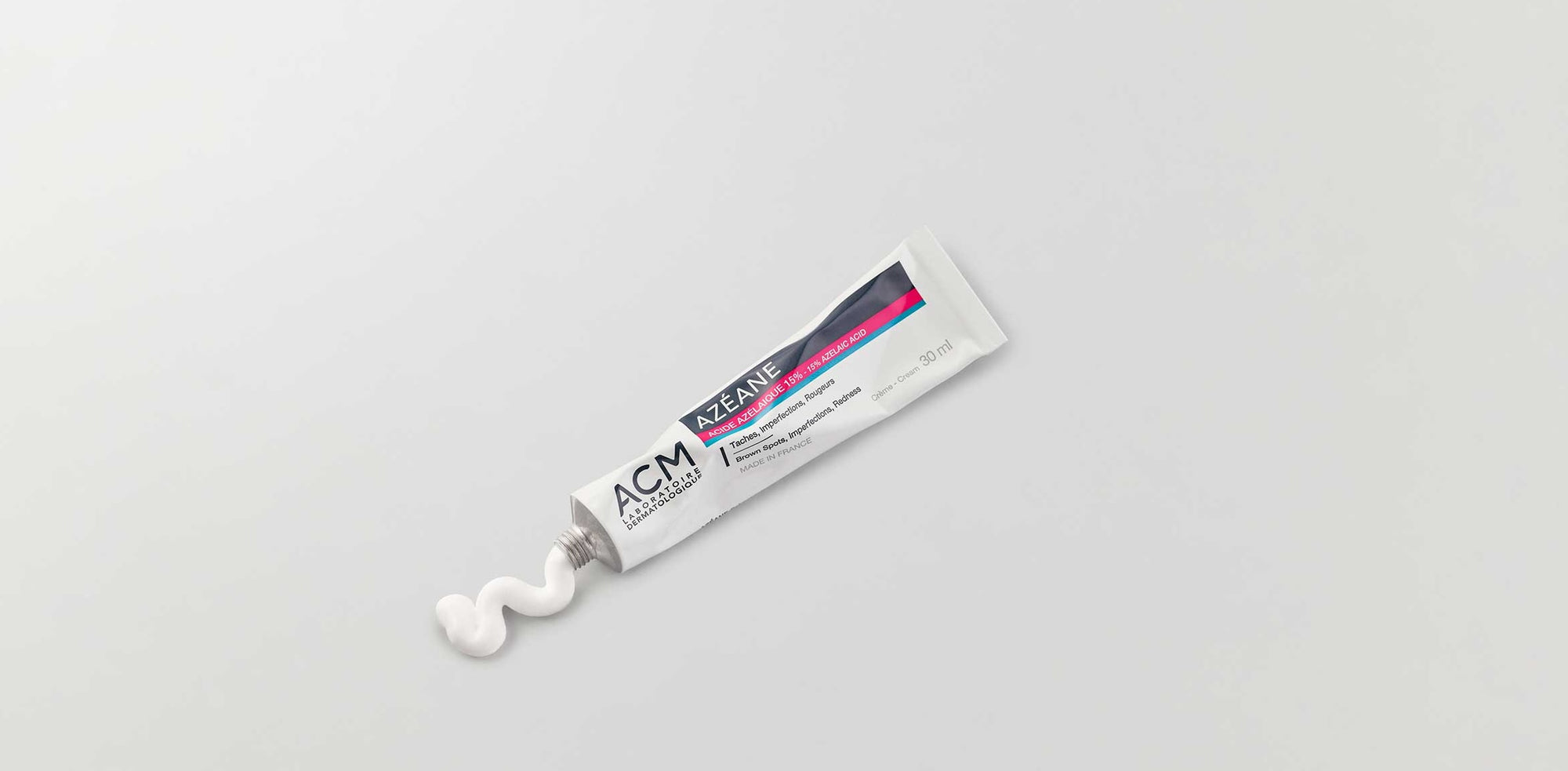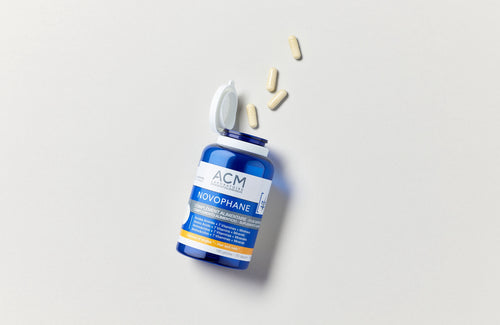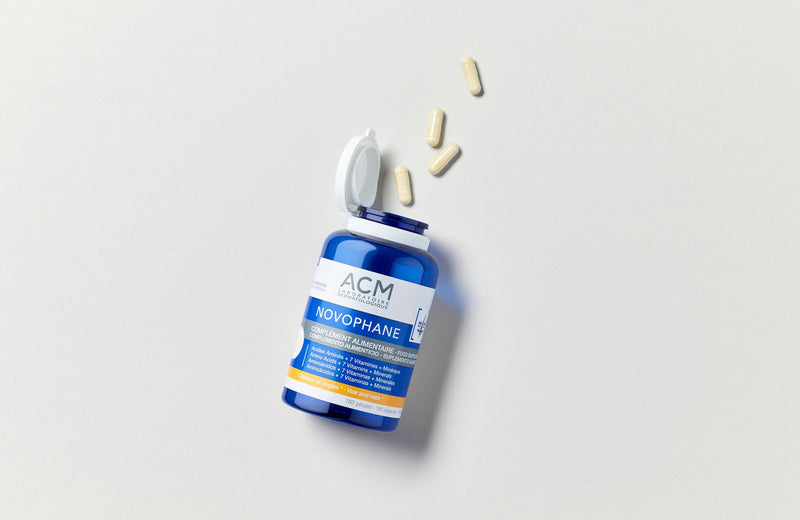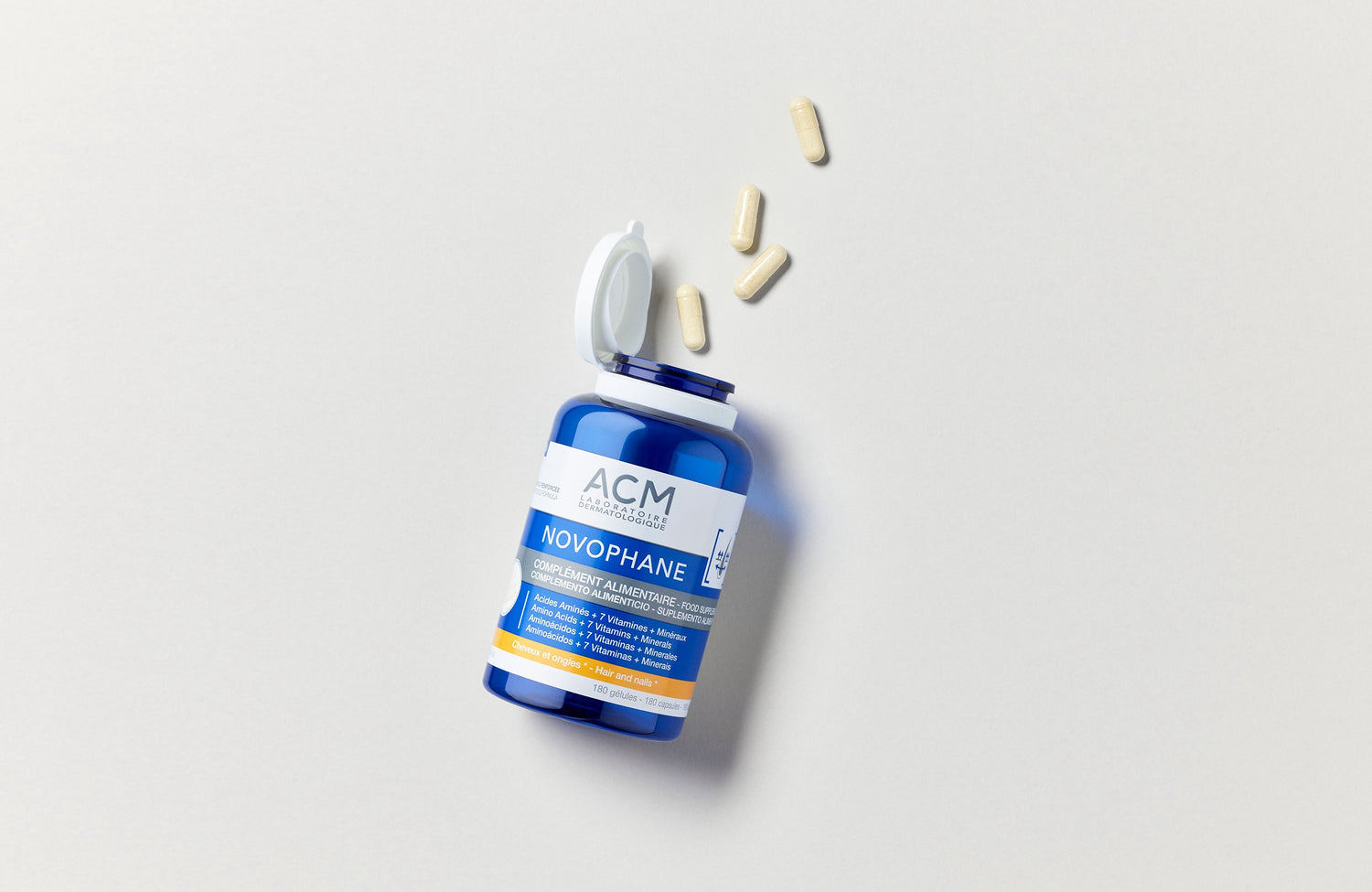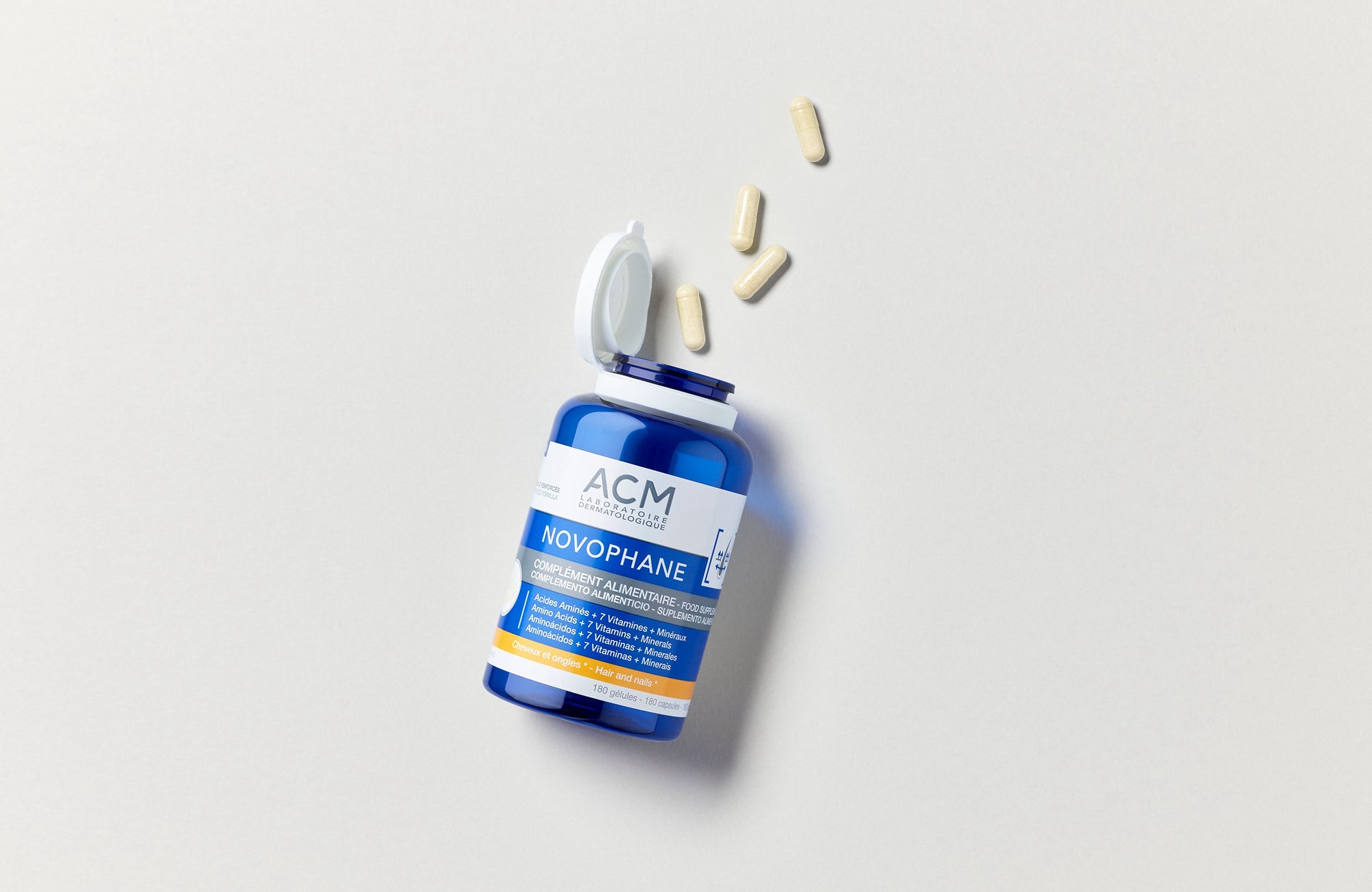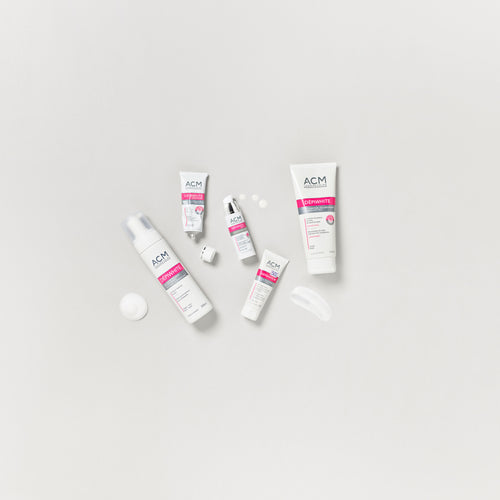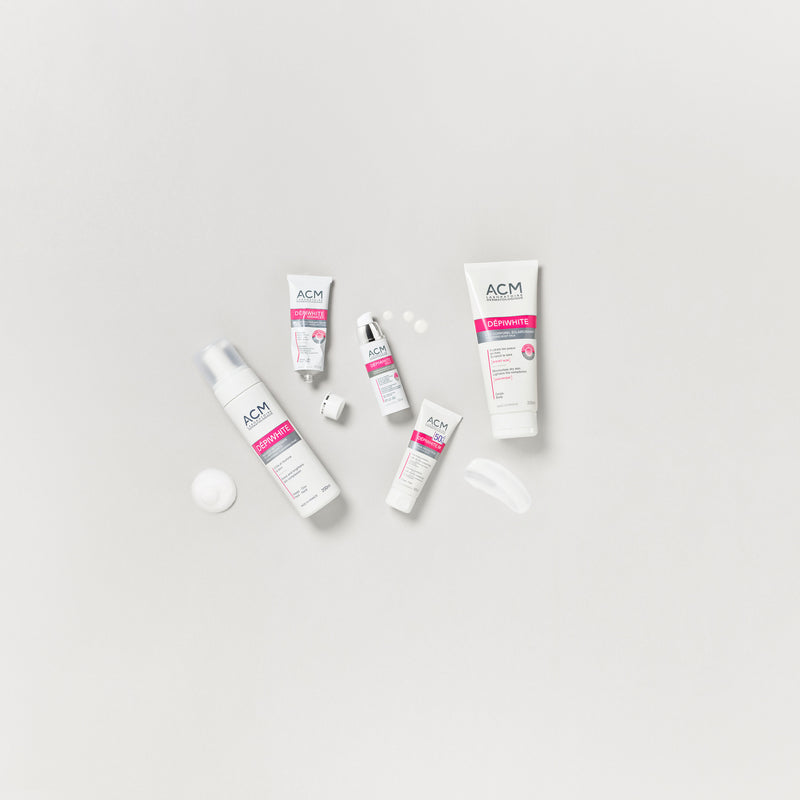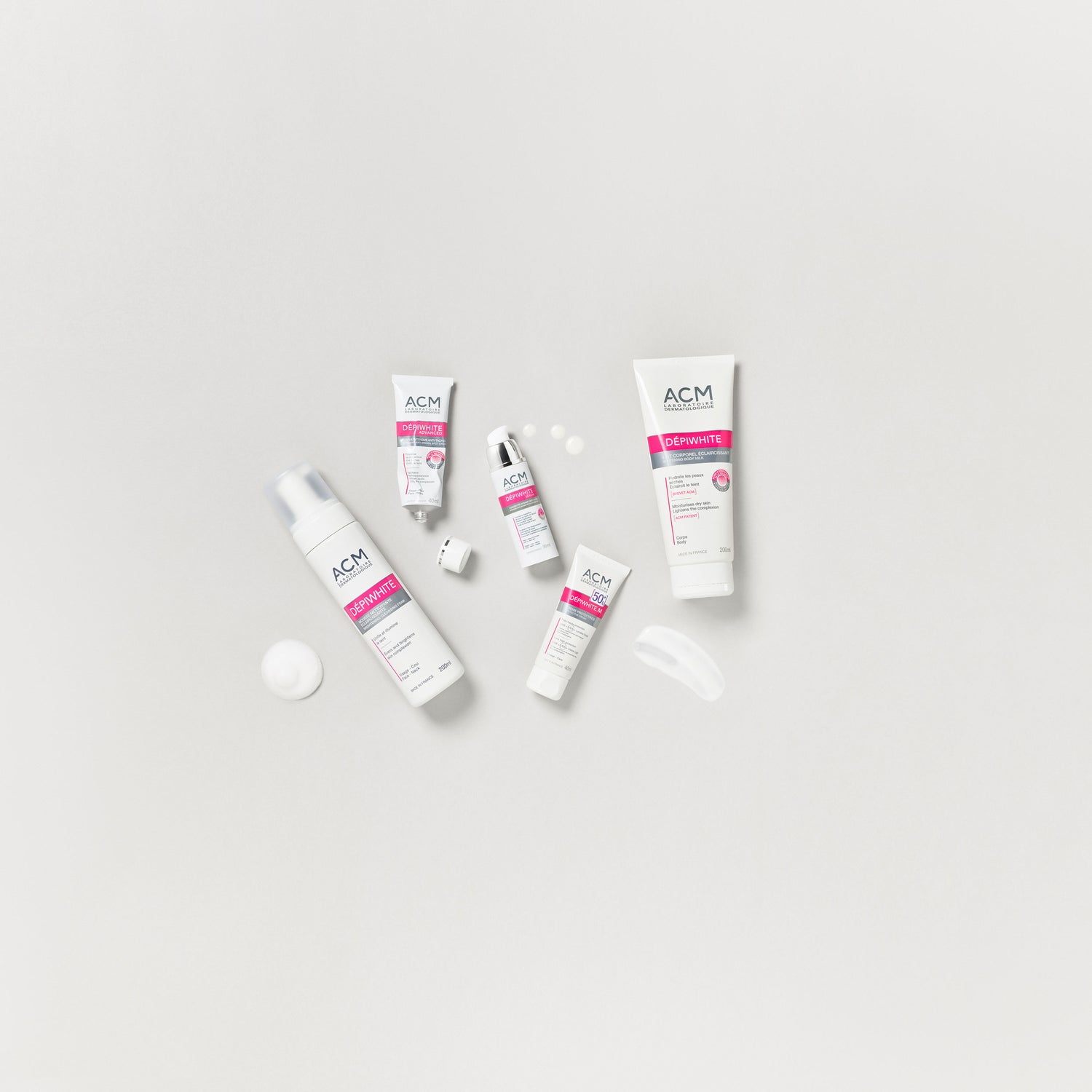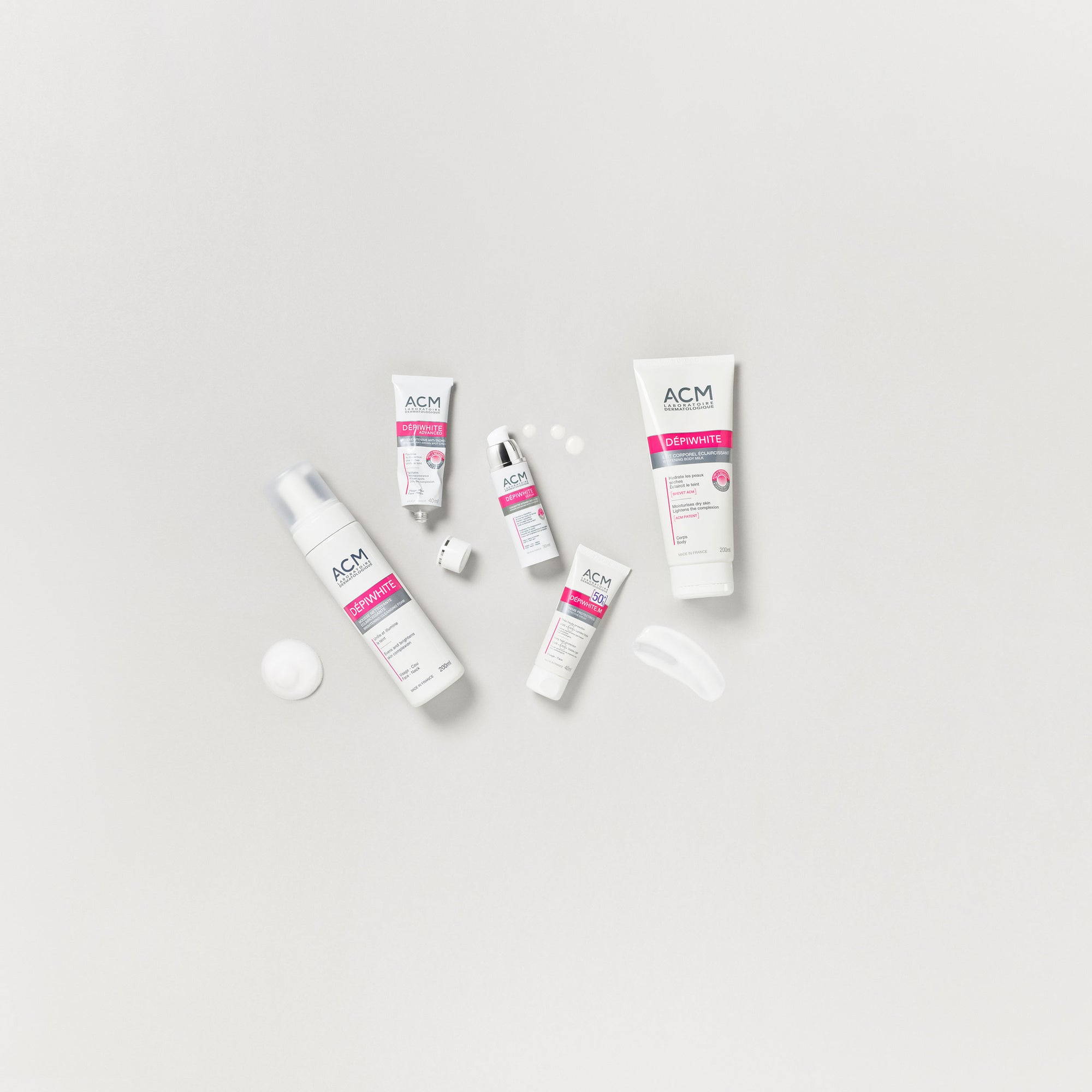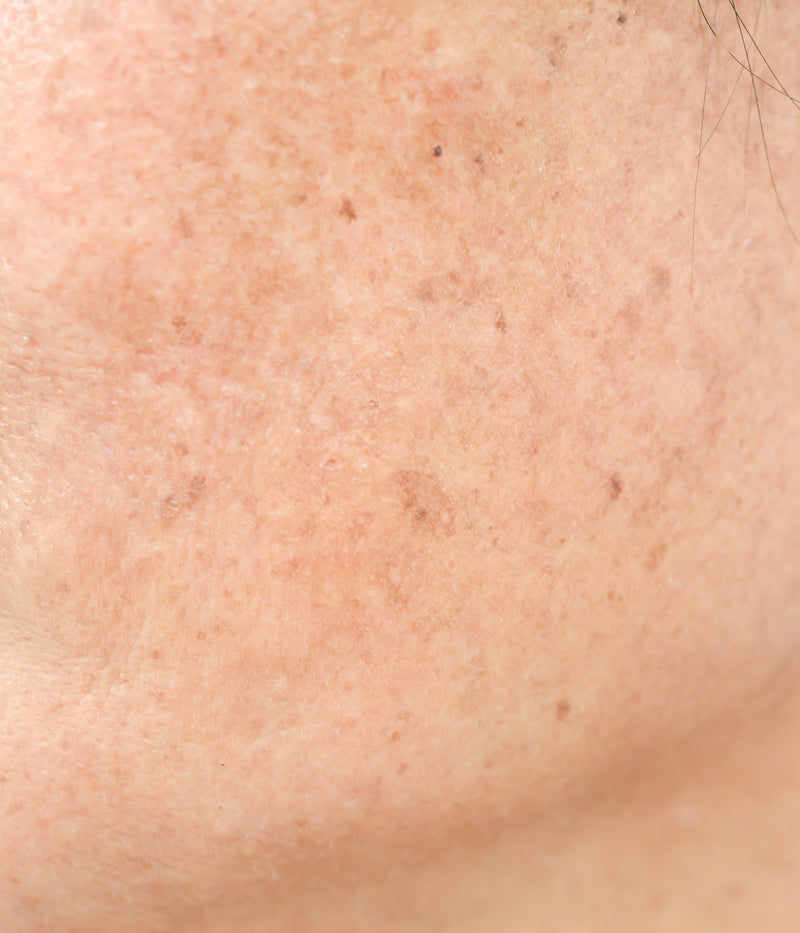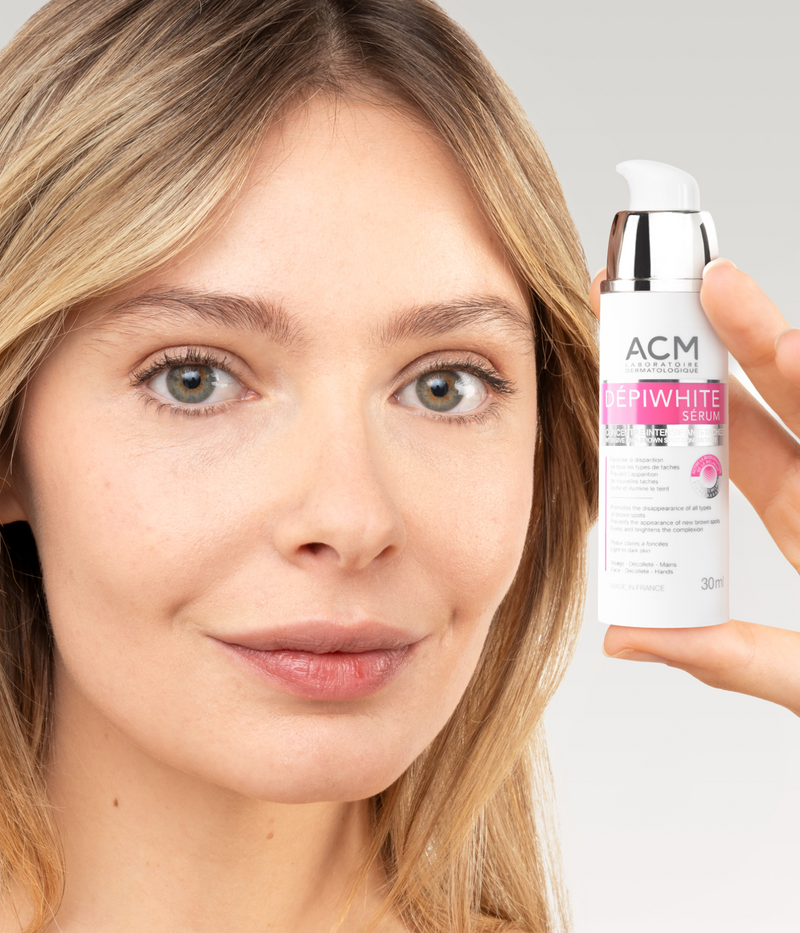What is the role of the scalp?
The scalp is a bit like the playground of hair! It is also an extension of the skin of the face and therefore has a fairly equivalent composition. It is made up of the epidermis on the surface, under which the dermis houses the hair root, the hair follicle which gives rise to new hair and is supplied by a vascular network essential for survival and cell renewal. Finally, the hypodermis contains the hair bulbs. These three successive layers are therefore responsible for the health of the hair, just like that of the face; this is why they must be taken the greatest care of.
What are the signs and causes of an unhealthy scalp?
The scalp houses and protects the hair follicles from which hair is born. When this barrier is impaired, the health of the hair is at risk. Unfortunately, there are many problems related to the scalp:
• itching: the scalp, like the skin, is put to the test: external aggressions such as pollution, changes in temperature or even stress and the use of certain unsuitable cosmetic products can irritate the scalp, creating discomfort and even itching.
• excess sebum: hypersecretion of sebum in the scalp results in premature greasing of the hair. This hyperseborrhea is due to increased activity of the sebaceous glands and can be caused by hormonal imbalance, stress, pollution or poor diet.
• dryness: Conversely, the scalp can show signs of dehydration such as flaking, tightness which are once due to external factors. Like the skin, the scalp can become thinner showing signs of dryness which are reflected in the hair.
• excessive hair loss: the disruption of the sebaceous glands and the resulting overproduction of sebum can suffocate the root by obstructing the hair follicles and lead to localized hair loss or breakage.
• dandruff: an irritated scalp can lead to seborrheic dermatitis, an inflammatory disease characterized by patches covered with scales called oily dandruff. This is a real pathology that should be treated without delay.
Like the skin, the scalp is put to the test. We do not always realize it but it is also attacked by UV rays, pollution, not to mention styling tools, shampoos that are not always suitable, colorings, etc. In addition, genetic factors, hormonal factors or deficiencies are added to this and can cause a lot of damage.
What treatments for an unbalanced scalp?
All these scalp related issues and various symptoms need to be taken care of with a suitable treatment or routine.
First, it will be necessary to evaluate and diagnose the problem(s). The dermatologist or pharmacist can take care of these pathologies and direct you towards a treatment or a suitable care routine.
There are medical, dermatological or dermocosmetic solutions to treat these different pathologies.
• For advanced pathologies, particularly eczema and seborrheic dermatitis, it is advisable to consult a dermatologist who will prescribe treatment and associated topical care;
• For lighter pathologies such as mild dandruff or slight itching, there are topical treatments developed by dermocosmetic laboratories;
• For dryness, you can turn to essential oils and specific moisturizers dedicated to dehydrated scalps.
How to take care of your scalp on a daily basis?
Whatever the disorder observed, adopt good hair hygiene practices to take care of your scalp on a daily basis:
• choose a suitable shampoo: like the skin, the scalp can be oily, dry, irritated, sensitized... it is therefore natural to adapt your hygiene routine according to its specificities. There are shampoos for many needs: oily hair, dandruff, sensitive scalp as well as very gentle references which are used in relay of treatments;
• adopt a balanced washing routine: the scalp is often irritated because it is over-stressed by the application of products; therefore, washing your hair daily is not recommended. Regulating sebum production also means giving it time to rebuild without letting it build up too much. It is recommended to wait 48 to 72 hours between each shampoo.
• gently exfoliate: exfoliating the scalp removes impurities, dead cells, excess sebum and pollution particles that accumulate on the scalp. In addition, it stimulates cell renewal and microcirculation. Cleaned of its impurities, the scalp is ready to receive suitable care. There are many products based on gentle and moisturizing ingredients. Be careful, exfoliating too frequently can alter the pH balance of the scalp and cause irritation. This gentle scrub should therefore be carried out 1 to 2 times a week maximum.
• boost microcirculation: scalp massage stimulates blood flow to the hair follicle, where hair forms and grows. It can be done with your fingertips or a massage tool, dry or while shampooing. It will promote hair vitality and growth.
• moisturize the scalp: itching, irritation or dry dandruff are due to a scalp lacking in hydration; certain vegetable oils such as castor, coconut and jojoba, combined with a massage, help protect the epidermis.
Adopting the right routine also means having the right reflexes:
• check the list of ingredients on your products: avoid irritating active ingredients such as sulfates or silicones by scanning the composition of your products;
• cover your head: in case of prolonged exposure to the sun, wear a cap or hat to protect the skin on your scalp and your coloring at the same time
• wash your hair with lukewarm water to avoid aggravating inflammation
• Do not scratch an irritated scalp to avoid further altering its barrier function.
• low temperature drying: for drying, opt for a low temperature or natural drying to avoid increasing dehydration.
• scalp protection: in summer, hair and scalp need suitable sun protection in the same way as the skin.












